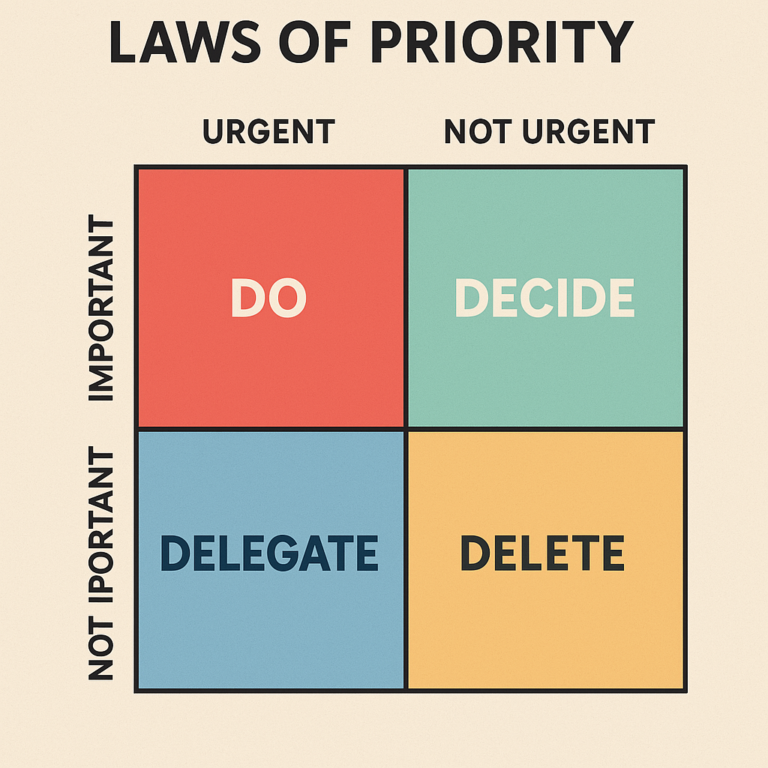What is a Polymath?
A polymath is an individual who has expertise and knowledge in multiple fields. They are not only experts in their own field but also possess knowledge and skills across different disciplines, ranging from the arts, sciences, humanities, and social sciences. Polymaths have a natural curiosity and a passion for learning, and they strive to understand the interconnectedness of the world around them.
Throughout history, polymaths have played an important role in advancing human knowledge and civilization. Some of the most famous polymaths include Leonardo da Vinci, Benjamin Franklin, Aristotle, and Isaac Newton. These individuals made groundbreaking contributions to fields such as art, science, philosophy, and mathematics, among others.
But what does it take to become a polymath? Here are some steps you can take to develop a polymathic mindset and lifestyle:
The first step to becoming a polymath is to cultivate a curious mind. Curiosity is the driving force behind learning and discovery. You can start by reading widely and exposing yourself to different ideas, perspectives, and fields of study. Ask questions, challenge assumptions, and seek out new experiences that can broaden your horizons.
Polymaths are not limited to a single field of study or interest. They pursue diverse interests and seek to connect them in innovative ways. You can start by exploring new hobbies and activities that challenge you and push you out of your comfort zone. Take up a new language, learn to play a musical instrument, or explore a new culture.
Polymaths have a knack for connecting seemingly unrelated ideas and fields of study. They see patterns and connections where others see only disparate pieces. To become a polymath, you need to develop your ability to make connections between different fields of study and ideas. This requires a broad knowledge base and an open mind.
Polymaths are lifelong learners. They never stop seeking out new knowledge and experiences. To become a polymath, you need to embrace a growth mindset and commit to continuous learning. This means being open to feedback, seeking out mentors, and actively seeking out new opportunities to learn and grow.
Polymaths are not content with the status quo. They seek out challenges and push themselves to achieve new heights. To become a polymath, you need to be willing to take risks, fail, and learn from your mistakes. This means stepping outside of your comfort zone and pursuing new opportunities, even if they seem daunting at first.
In Summary
Becoming a polymath is a journey that requires a lifelong commitment to learning, curiosity, and interdisciplinary thinking. By cultivating a curious mind, pursuing diverse interests, connecting the dots, embracing lifelong learning, and challenging yourself, you can develop the skills and mindset of a polymath and make a significant contribution to the world around you.
#infobymattcole
 You can check out Matt’s LinkedIn account, Youtube Channel, or Podcast.
You can check out Matt’s LinkedIn account, Youtube Channel, or Podcast.Introducing my new books, ‘The Art of Critical Thinking’ and ‘The Critical Thinking Model’. Both can be read for free with Kindle Unlimited or $2.99 each via Kindle.





